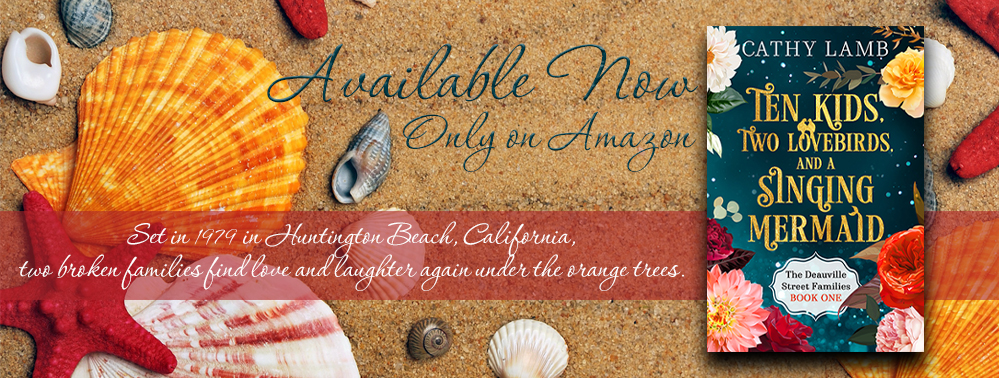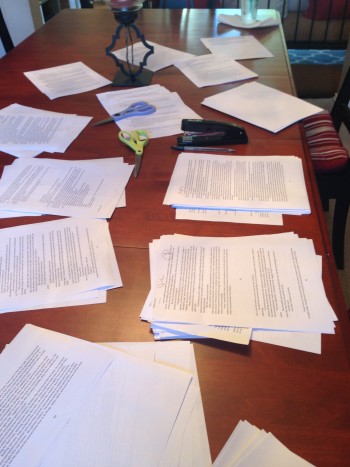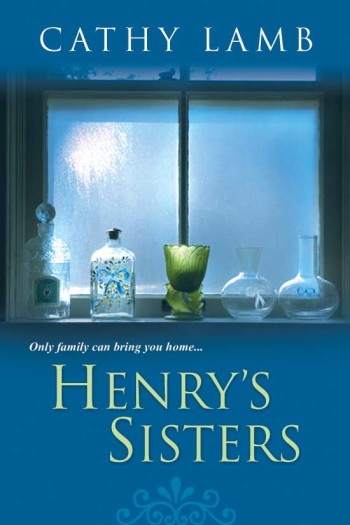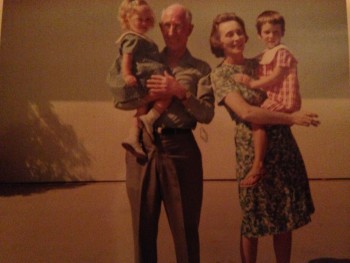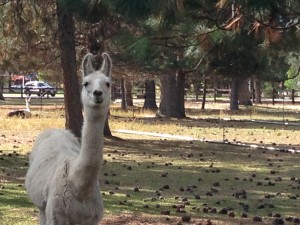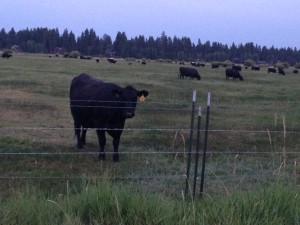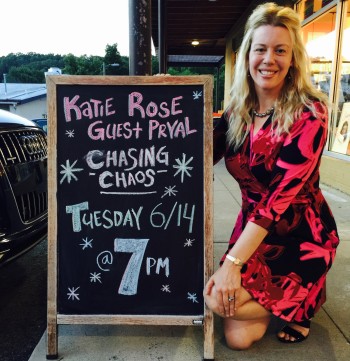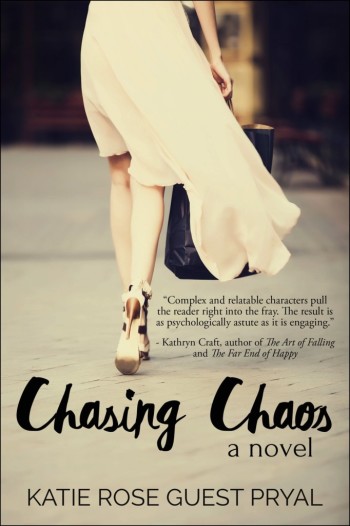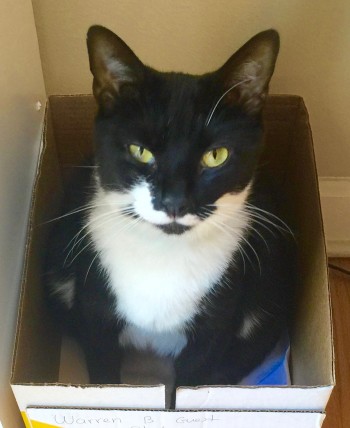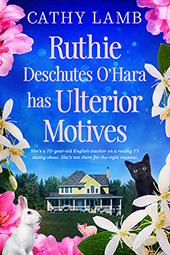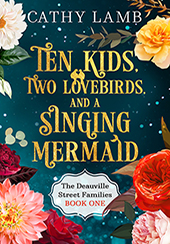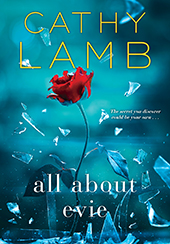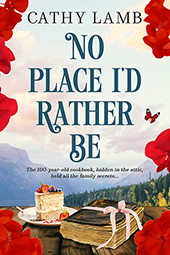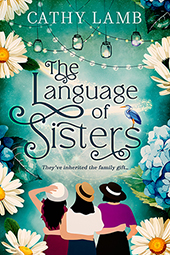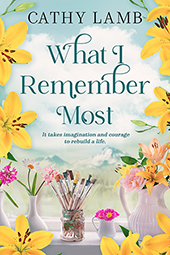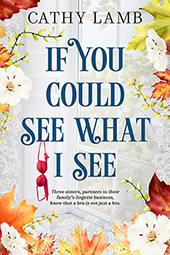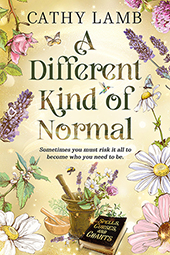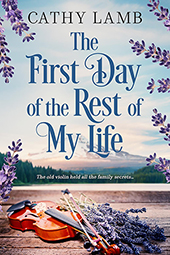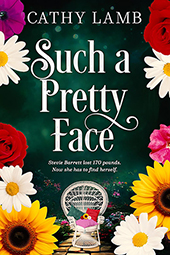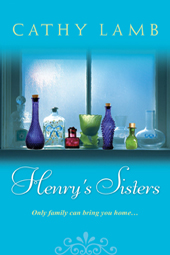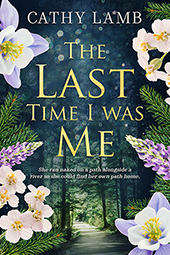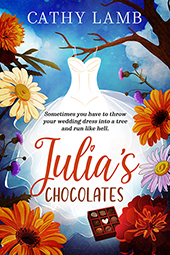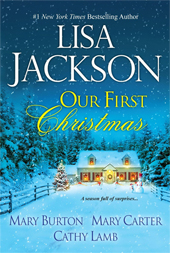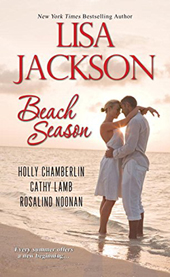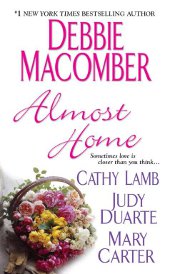Publisher’s Weekly And The Language Of Sisters
This interview came out today in Publisher’s Weekly. In it we talk about my new book, The Language of Sisters, out September 1.
A short summary of the book? Three sisters. One brother. One huge secret.
Spotlight on Cathy Lamb
The bestselling author’s latest novel is a perfect end-of-summer beach read
Cathy Lamb is no stranger to writing about secrets—the kind that, left buried, can tear lives apart. In her latest novel, The Language of Sisters, Lamb explores the bond between the three Kozlovsky sisters, who grew up in Communist Russia before their family immigrated to America. Sharing an intensely close connection—the women can intuit one another’s words, an ability inherited from their mother—they are all haunted by a past their parents had hoped was left behind in Moscow.
Lamb is the author of 10 novels. She said she started writing The Language of Sisters in March 2015 and found inspiration for the book in a number of places. Like her heroine Toni, Lamb is one of three sisters. And, also like Toni—a crime reporter—Lamb is quite familiar with the newspaper business. She freelanced for the Oregonian for years, writing about everything, including people, events, and interior design.
As it happens, Lamb’s journalistic pedigree was put to good use in the writing of this book, which required Lamb to do substantial research. To sketch out the lives of the Kozlovsky clan—whose experiences behind the Iron Curtain are set in flashbacks throughout the novel—Lamb read about Russian history from the 1890s onward. She read up on every Russian czar and president from 1900 to 2000. She also did a lot of research on the KGB, to which her fictional clan has ties.
Beyond the snapshot of Russian history and the country’s recent past, Lamb believes readers will enjoy the lively, extended, and diverse family she has created. Along with Toni and her two sisters—hard-driving prosecutor Valerie, and Ellie, who is about to break her parents’ heart by marrying an Italian—there are the wild and carefree cousins, Tati and Zoya. And there are the four endearing brothers, former boxers, who barely escaped the Soviet Union.
“I hope that people will be able to laugh with the huge family I’ve constructed,” she said.
Lamb also hopes readers will identify with her three central sisters, women—like many she’s written about—who are struggling and facing difficult problems. “Here’s the thing,” Lamb said, “I don’t write about fake women. I don’t write about women who have everything together in their lives. That would be irritating.” Instead, Lamb is interested in what makes these women fallible and human. “No one is perfect, and often the people who are trying the hardest to appear perfect are the ones closest to cracking like an egg. I write about real women leading real lives, with all the mess and complications that entails.”
The Language of Sisters is ultimately a story about family. “It’s about love and forgiveness,” Lamb explained.
“I think life is filled with tears and laughter. I love when my readers write to me and tell me that they laughed out loud while reading my books, and then they cried, then they laughed again. When my readers finish The Language of Sisters, I want the characters, the issues, and the laughter to stay with them. That’s always the goal: to create a story that the reader doesn’t forget.”
Here’s the “real” link. http://www.publishersweekly.com/pw/by-topic/authors/profiles/article/71173-spotlight-on-cathy-lamb.html



